
A North Lancashire County Councillor says the authority are doing all they can to tackle climate change in the county.
Last week’s Lancashire Climate Summit discussed a range of issues regarding its impact on communities, businesses and nature and the need to take steps to make Lancashire a greener county.
Cllr Shaun Turner, Cabinet member for environment and climate change, said: ‘’I think going forward we need to keep the momentum going as we tackle the road to net zero and protect our residents.
‘’There’s a lot of things going on right now that aren’t great, but it doesn’t mean we have to lose sight of this, because this is really important. We’ve got to stop looking at reasons and excuses not to do more to protect the environment.’’
The first Lancashire Climate Summit, saw local organisations get together to consider ideas that will help Lancashire to reach net zero carbon emissions and adapt to the changing climate.
Senior leaders from Lancashire County Council, district and unitary councils, the Environment Agency and other local organisations came together for the event, to discuss a range of issues.
Cllr Turner adds: "Climate change is an international emergency and keeping the rise in global temperature below 1.5oC is the biggest challenge we face.
"We've seen the effects of climate change here in Lancashire, with increased flooding and major moorland fires in recent years. We must act now to prevent further damage to our environment.
"Our next aim is getting to net zero, where any remaining carbon we produce is removed by natural processes. We need to consider our new research and look at all options to lower carbon emissions and support nature to get to this point.
"The Lancashire Climate Summit is where we will build on the good joint work we've already started, consider the findings of our latest research, and begin to map out our way to get to net zero as quickly as possible."
Emma Howard Boyd, chair of the Environment Agency, said: “Lancashire is sadly all too familiar with climate impacts like floods and storms so it is great that the climate summit is looking for ways to accelerate the county towards net zero carbon emissions and climate resilience.
“The Environment Agency is here to work in partnership with communities in Lancashire to help achieve these goals. We are building flood protection here, trialling innovative finance to deliver environmental improvements, and using regulation to support local businesses to make choices that keep them ahead of both the competition and the climate.”
The County Council says that protecting the environment is their priority and taking action to reduce CO2 levels is key, and by 2030 they aim to address the biodiversity crisis; while also protecting against poverty and improving social inclusion, by making significant reductions in the county’s carbon footprint.
Current initiatives in North Lancashire include:
Supporting small and medium sized businesses through the Low Carbon heat grant , which helps to fund equipment and installation of low carbon heating solutions, such as heat pumps and infra-red heating.
Supporting local businesses to reduce their carbon footprint with schemes such as the low carbon programme to fund energy saving measures at key business sites.
Converting streetlights to LEDs.
Running, walking and cycling initiatives, to help encourage active travel.
Investing in zero emission and low emission bus fleets as part of the Bus Service Improvement Plan.
Installing electric vehicle charging points across Lancashire.
Reducing the carbon footprint from day-to-day highways work, including changing the way they maintain our roads, and using 'on site' recycling of repair materials.
Establishing and leading the Biological Heritage Site system. There are around 1,200 local sites, which identify and protect ancient woodlands, peatlands, wetlands and species-rich grasslands.
Restoring peatlands to improve carbon capture, boost biodiversity, improve water quality and help tackle flooding by slowing water flow. Projects in the Forest of Bowland AONB have restored 755 hectares of our peatlands.
Planting 149,000 trees, capturing 37,000 tonnes of carbon over the last decade.
Producing a Flood Risk Management Strategy.



 BIG FIGHT COUNTDOWN: Tyson Fury's most memorable Morecambe moments
BIG FIGHT COUNTDOWN: Tyson Fury's most memorable Morecambe moments
 Meeting will rally business community together after shock Lancaster bakery closure
Meeting will rally business community together after shock Lancaster bakery closure
 INTERVIEW: Award-winning festival set to celebrate Italy in Lancaster
INTERVIEW: Award-winning festival set to celebrate Italy in Lancaster
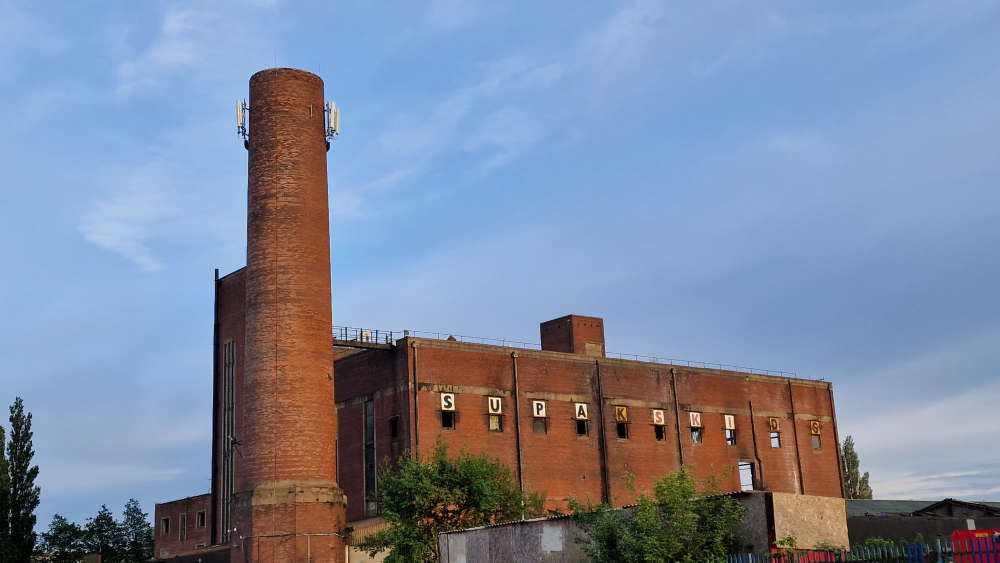 Lancaster MP welcomes return of mobile phone coverage
Lancaster MP welcomes return of mobile phone coverage
 INTERVIEW: Historic Heysham pub to reopen as new management aims to 'bring community together'
INTERVIEW: Historic Heysham pub to reopen as new management aims to 'bring community together'
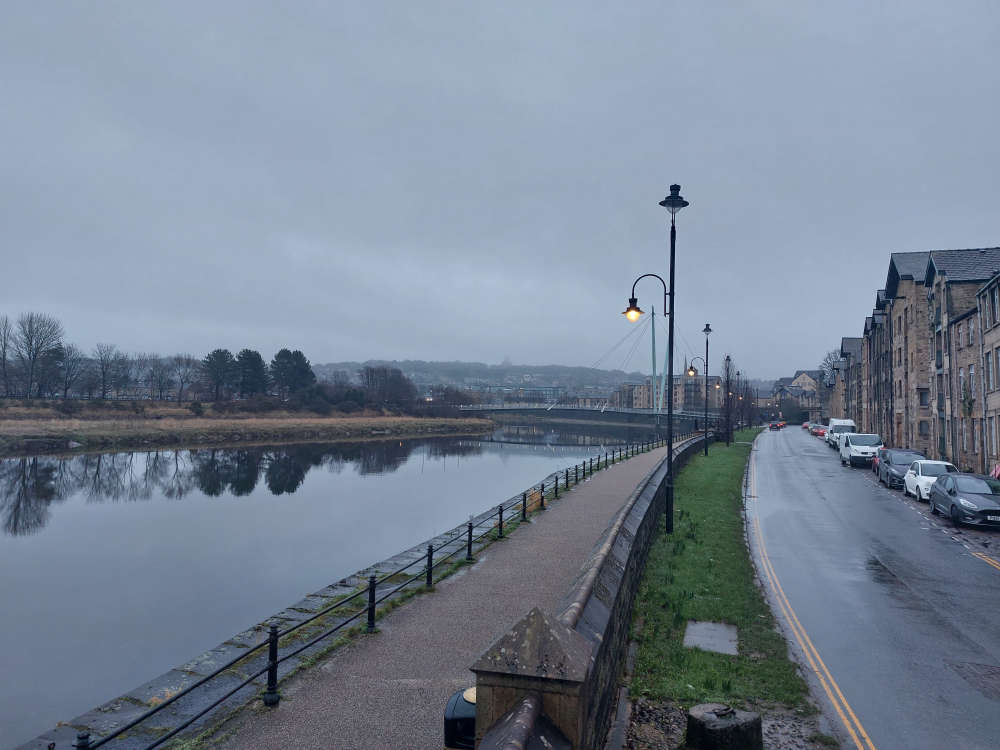 Traffic diverted as Lancaster quay closed for rail bridge works
Traffic diverted as Lancaster quay closed for rail bridge works
 Caravan fire in Morecambe spreads to two other vehicles
Caravan fire in Morecambe spreads to two other vehicles
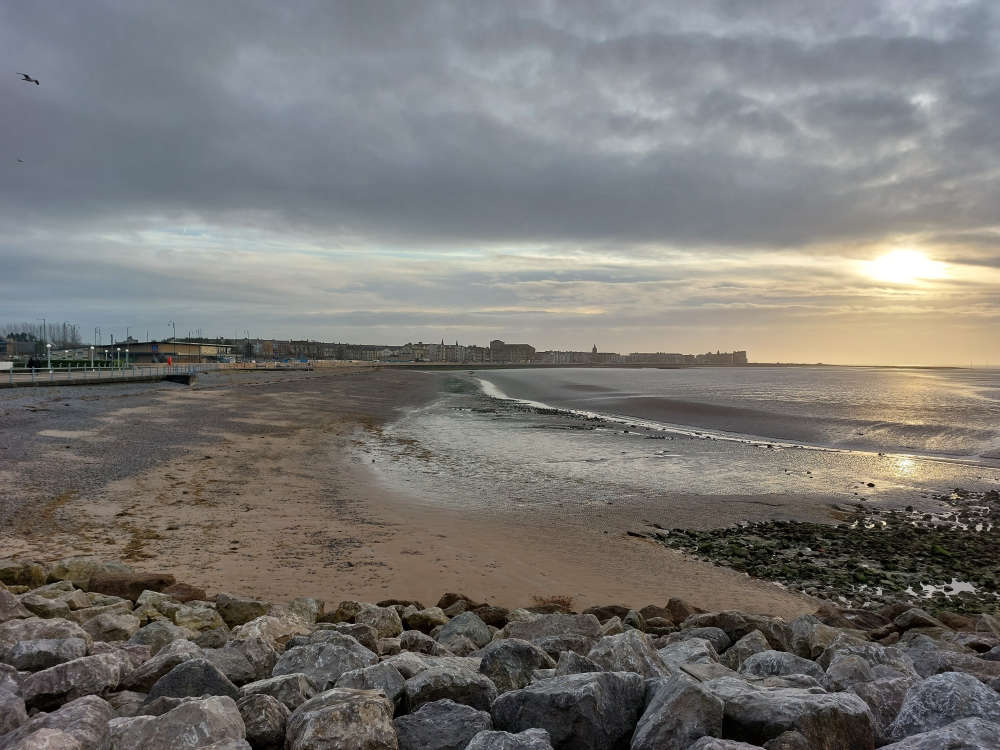 Morecambe's two bathing beaches receive Seaside Awards amid calls to improve water quality
Morecambe's two bathing beaches receive Seaside Awards amid calls to improve water quality
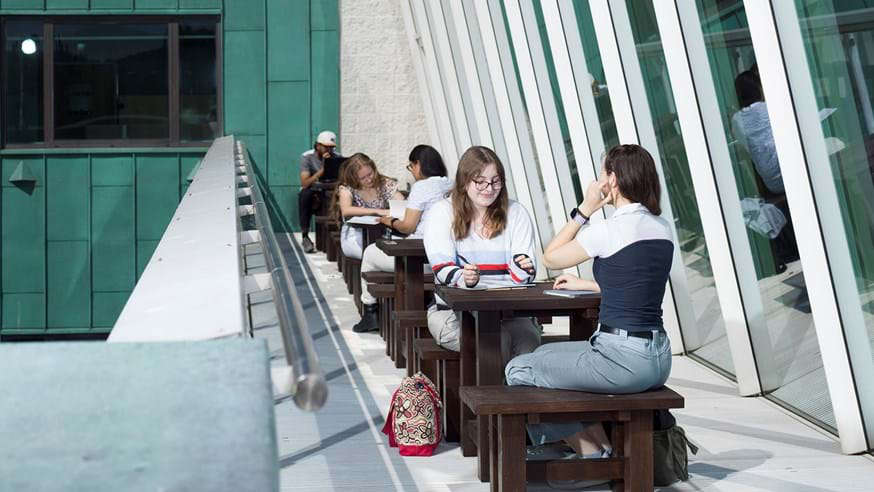 Lancaster remains best university in North West England in Complete University Guide
Lancaster remains best university in North West England in Complete University Guide
 'Music with the Mayor' initiative launched to support North Lancashire’s Citizens Advice
'Music with the Mayor' initiative launched to support North Lancashire’s Citizens Advice
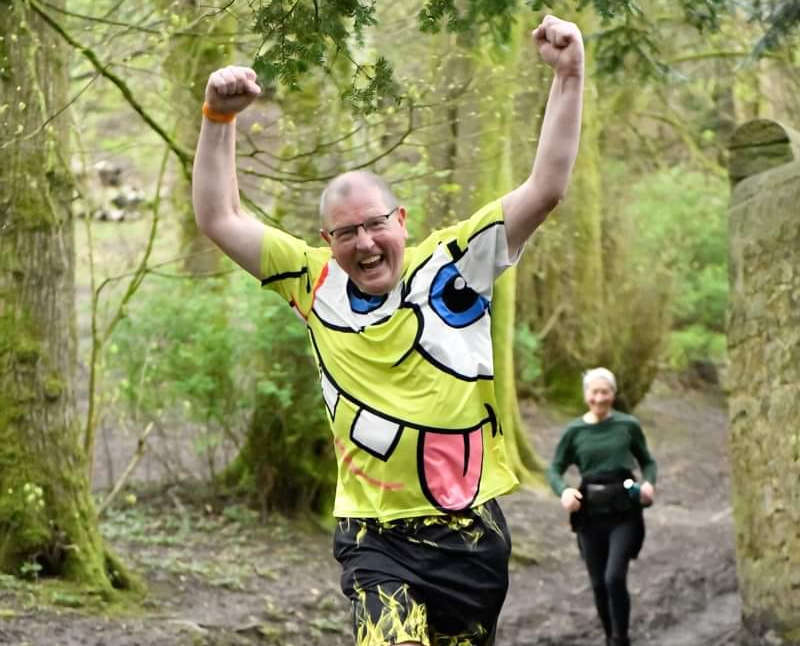 DIARY: Beyond Radio presenter fighting cancer continues his '60 Before 60' challenge
DIARY: Beyond Radio presenter fighting cancer continues his '60 Before 60' challenge
 BIG FIGHT COUNTDOWN: Tyson Fury's father John headbutts Usyk supporter ahead of undisputed heavyweight title fight
BIG FIGHT COUNTDOWN: Tyson Fury's father John headbutts Usyk supporter ahead of undisputed heavyweight title fight
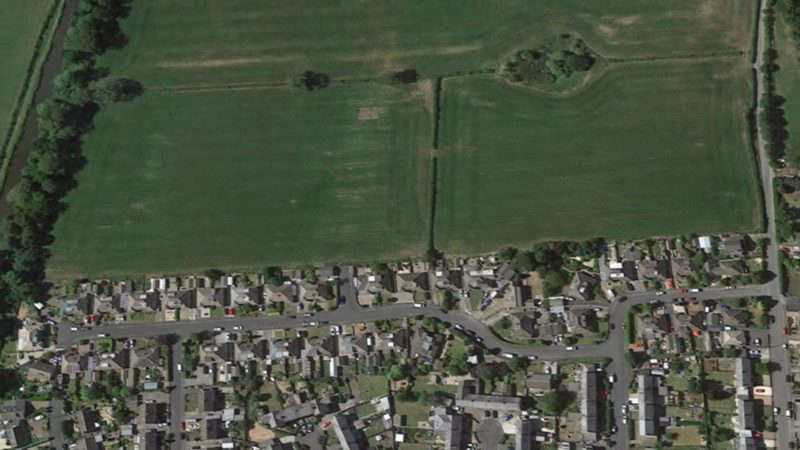 Decision to refuse Galgate housing scheme planning permission upheld following public inquiry
Decision to refuse Galgate housing scheme planning permission upheld following public inquiry
 INTERVIEWS and PHOTOS: The story of Highest Point festival 2024
INTERVIEWS and PHOTOS: The story of Highest Point festival 2024
 INTERVIEW: Lancaster prison officer backed by Tyson Fury wins sport contest ahead of Miss England bid
INTERVIEW: Lancaster prison officer backed by Tyson Fury wins sport contest ahead of Miss England bid
 VIDEO and INTERVIEW: Lancaster schoolboy, 10, makes drum 'n' bass DJ debut at Lancaster festival
VIDEO and INTERVIEW: Lancaster schoolboy, 10, makes drum 'n' bass DJ debut at Lancaster festival
 Highest Point 'Lancaster Rocks' night cancelled due to thunderstorms warning
Highest Point 'Lancaster Rocks' night cancelled due to thunderstorms warning
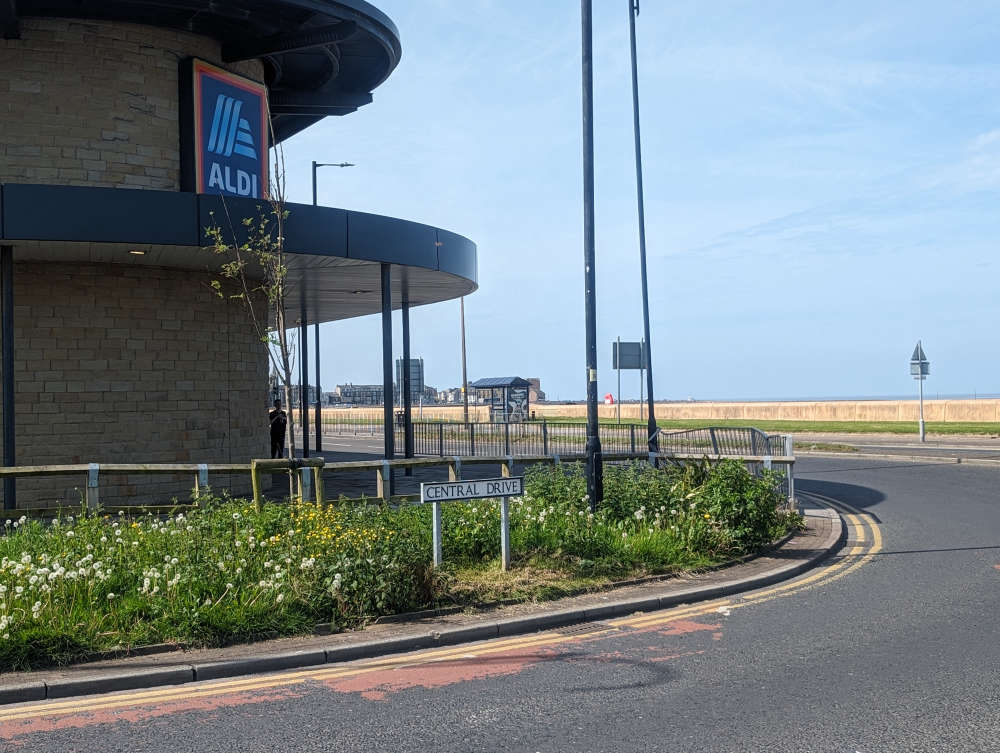 Quad bike rider dies after road crash in Morecambe
Quad bike rider dies after road crash in Morecambe
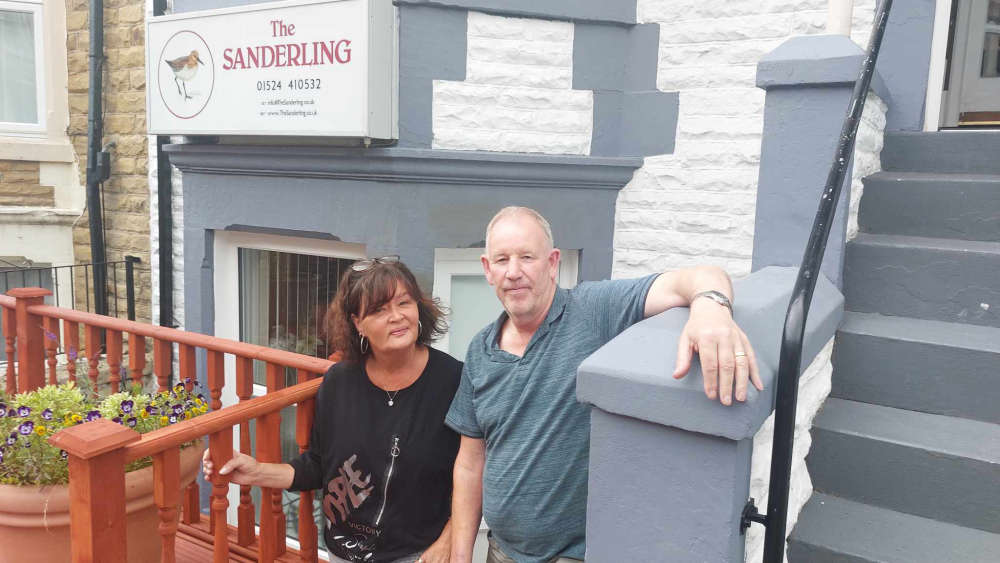 Morecambe guesthouse couple to star on reality TV show 'Four in a Bed'
Morecambe guesthouse couple to star on reality TV show 'Four in a Bed'
 PHOTOS: Northern Lights dazzle on Highest Point festival day one
PHOTOS: Northern Lights dazzle on Highest Point festival day one




